H.R. 3703: Excess Urban Heat Mitigation Act of 2025
This bill, known as the Excess Urban Heat Mitigation Act of 2025, aims to address the issue of extreme heat in urban areas by establishing a grant program administered by the Secretary of Housing and Urban Development (HUD). Here is a summary of the key elements and provisions of the bill:
Purpose
The main purpose of the bill is to create an urban heat mitigation and management grant program intended to help communities reduce the effects of excessive urban heat, which is a growing concern due to climate change and urbanization.
Background Information
The bill emphasizes the following findings:
- Extreme heat is a significant weather-related cause of death in the U.S., causing over 600 fatalities and numerous health issues annually.
- Urban areas tend to have higher temperatures than rural areas due to various factors, including the design of buildings, low vegetation, and high levels of heat emissions.
- Underserved communities are particularly affected by extreme heat, facing higher temperatures and lower tree cover compared to wealthier areas.
- The economic impacts of urban heat include increased costs for energy, road maintenance, healthcare, and reduced labor productivity.
- Solutions exist to mitigate urban heat, such as planting trees, which can significantly reduce heat-related mortality.
Definitions
Key terms defined in the bill include:
- Covered census tract: Areas with a poverty rate of 20% or more.
- Eligible entity: Includes state governments, local governments, nonprofit organizations, and others.
- Eligible project: Projects aimed at mitigating urban heat and improving community resilience.
Grant Program Structure
The grant program will be established within one year of the bill's enactment. Key features include:
- Grants will be awarded for projects that address urban heat through various methods including tree planting, development of cool roofs or pavements, and establishing cooling centers.
- A minimum of 75% of the grants will be directed to projects in covered census tracts.
- Grants may cover up to 80% of project costs, with possible waivers for entities demonstrating economic hardship.
Application and Evaluation Process
Eligible entities must submit an application detailing:
- How the funds will be used to combat urban heat and improve quality of life.
- A plan for engaging with the affected communities during the project.
The Secretary of HUD will prioritize applications that serve lower-income or higher temperature communities.
Oversight and Reporting
The Secretary is tasked with establishing an oversight board to oversee the grant program, which includes representatives from various federal agencies, nonprofits, and academia. The board will:
- Help select grantees.
- Assess the effectiveness of funded projects.
- Provide annual reports to Congress detailing grant distribution.
Funding
The bill authorizes an appropriation of $30 million per year for eight years (2026-2033) to support the grant program.
Summary
In summary, the Excess Urban Heat Mitigation Act of 2025 aims to provide financial support to urban communities for projects that mitigate the health and environmental impacts of extreme heat, particularly in underserved areas. It focuses on comprehensive community engagement, prioritizes economically disadvantaged areas, and underscores the importance of urban forestry and green infrastructure as solutions to urban heat challenges.
Relevant Companies
- None found
This is an AI-generated summary of the bill text. There may be mistakes.
Sponsors
29 bill sponsors
-
TrackYassamin Ansari
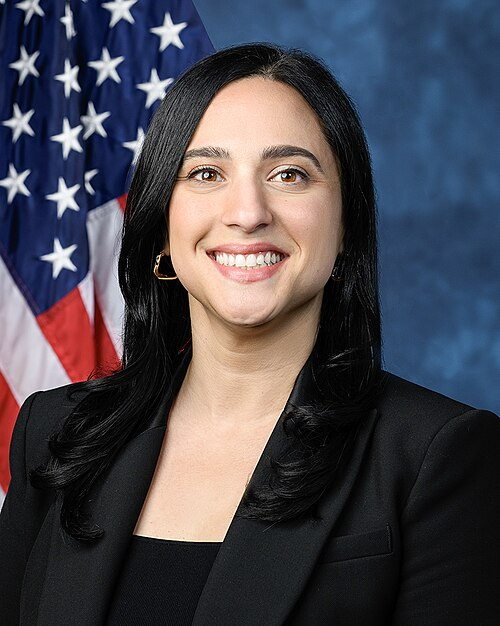
Sponsor
-
TrackNanette Diaz Barragán
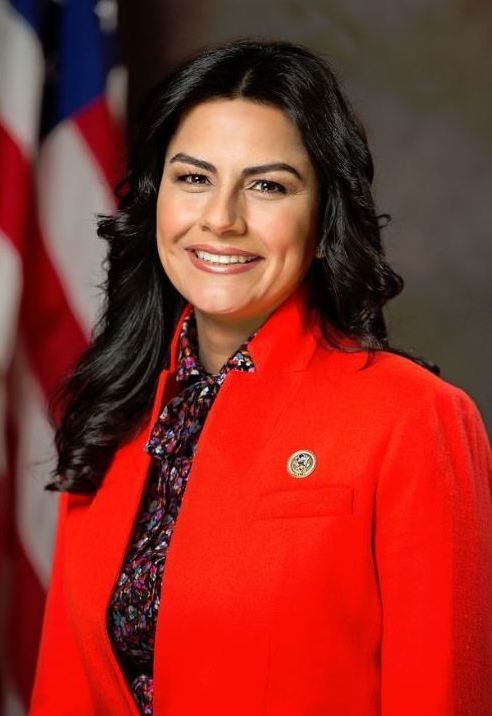
Co-Sponsor
-
TrackWesley Bell
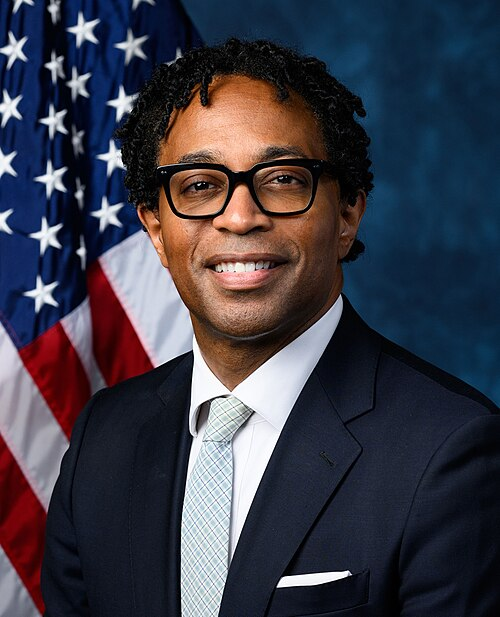
Co-Sponsor
-
TrackSalud O. Carbajal
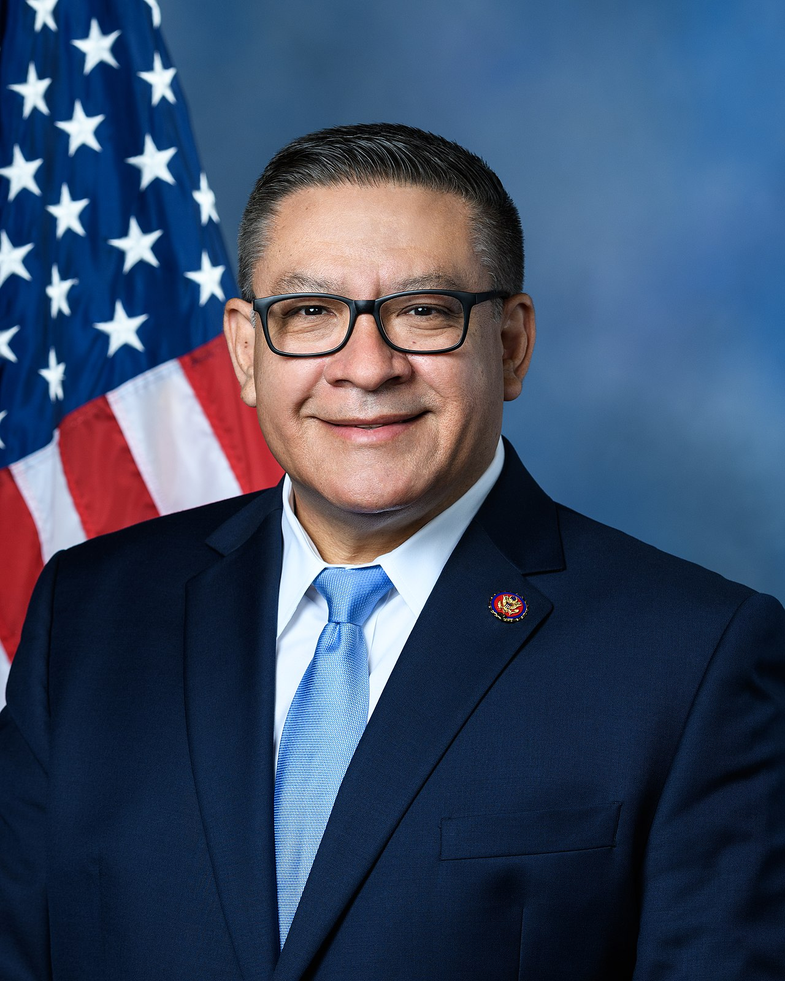
Co-Sponsor
-
TrackSean Casten
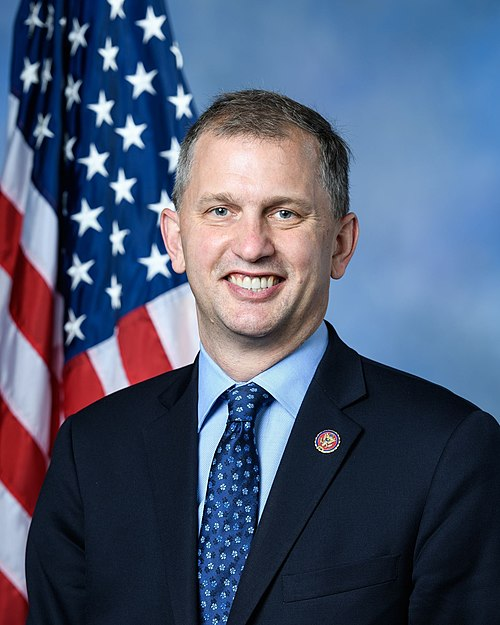
Co-Sponsor
-
TrackMaxine Dexter

Co-Sponsor
-
TrackDebbie Dingell
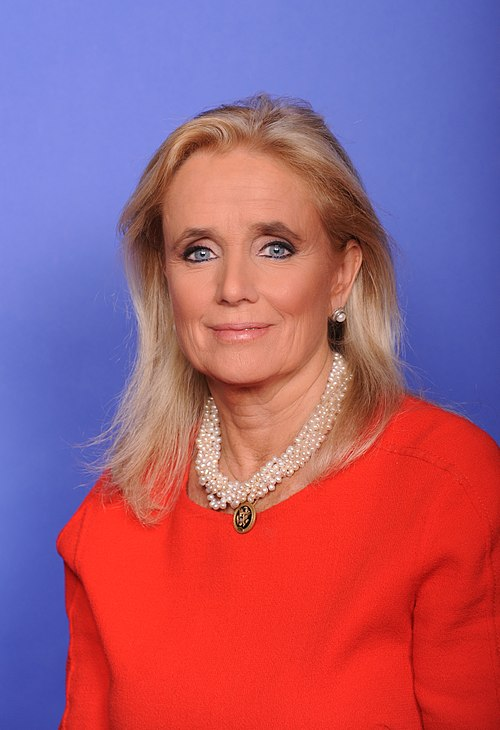
Co-Sponsor
-
TrackDwight Evans

Co-Sponsor
-
TrackValerie P. Foushee
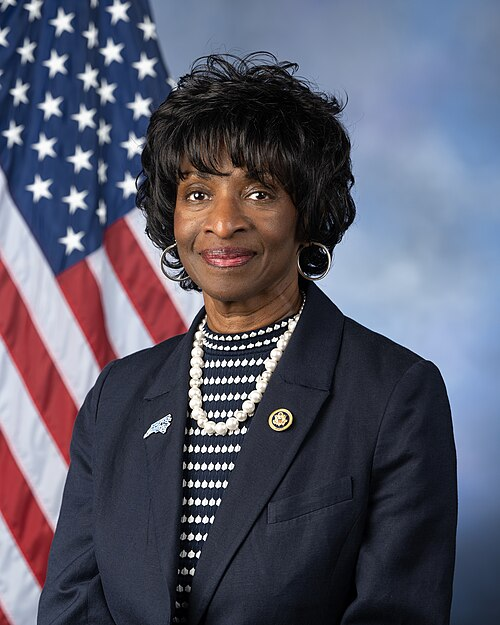
Co-Sponsor
-
TrackRobert Garcia
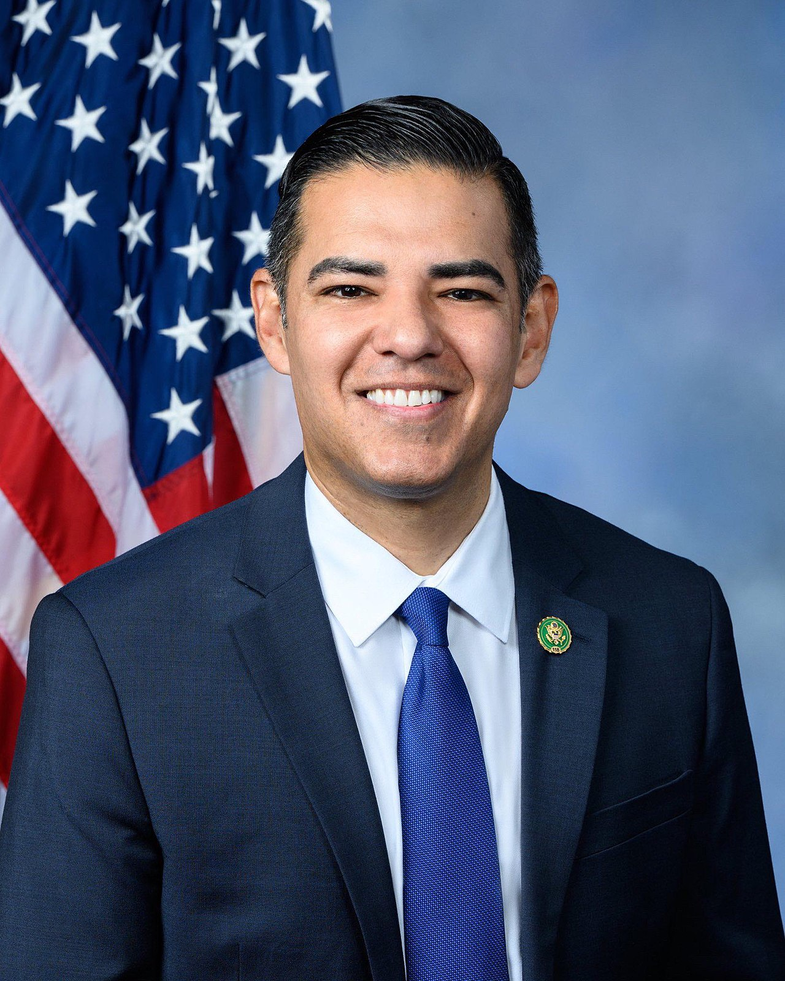
Co-Sponsor
-
TrackSteven Horsford
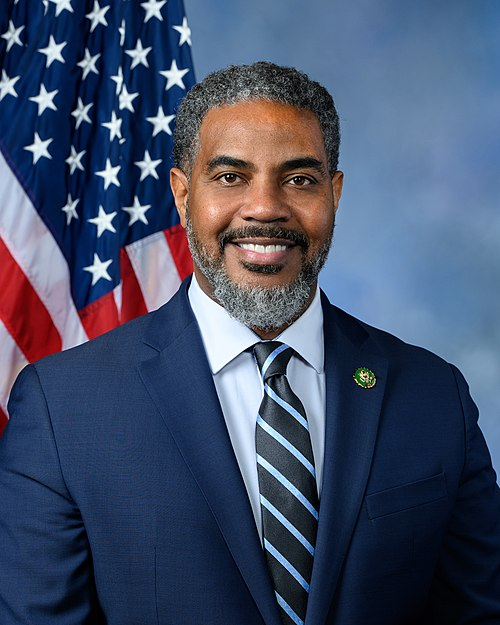
Co-Sponsor
-
TrackJared Huffman
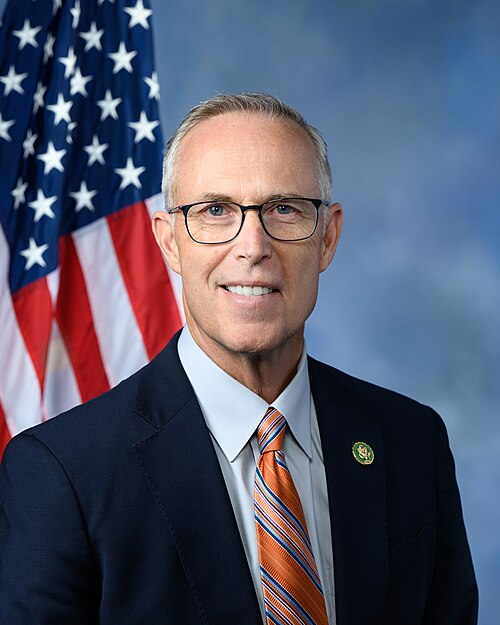
Co-Sponsor
-
TrackPramila Jayapal
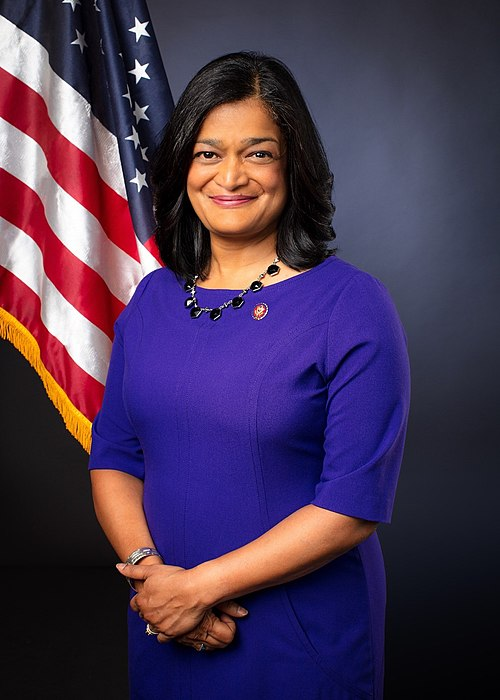
Co-Sponsor
-
TrackGreg Landsman

Co-Sponsor
-
TrackSam Liccardo
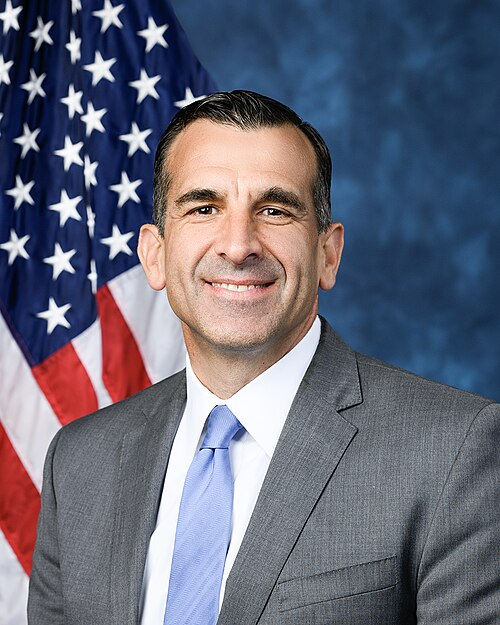
Co-Sponsor
-
TrackSeth Magaziner
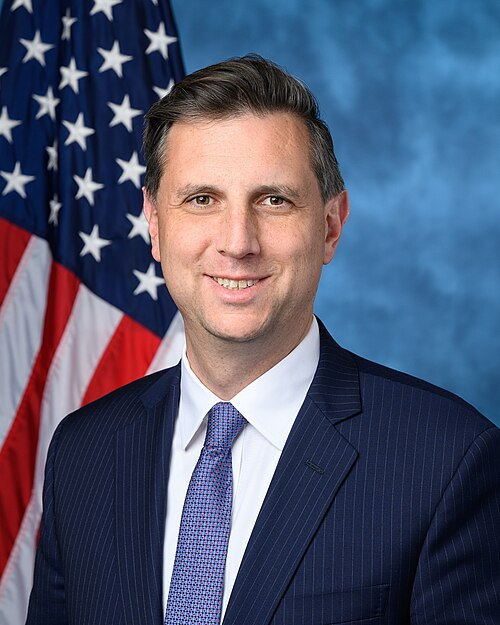
Co-Sponsor
-
TrackApril McClain Delaney
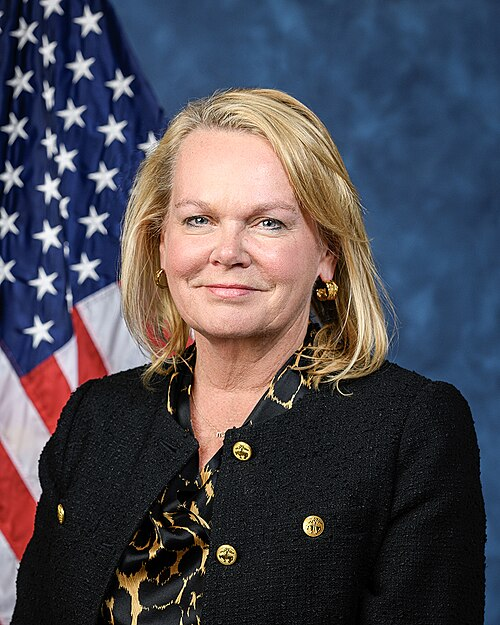
Co-Sponsor
-
TrackLaMonica McIver
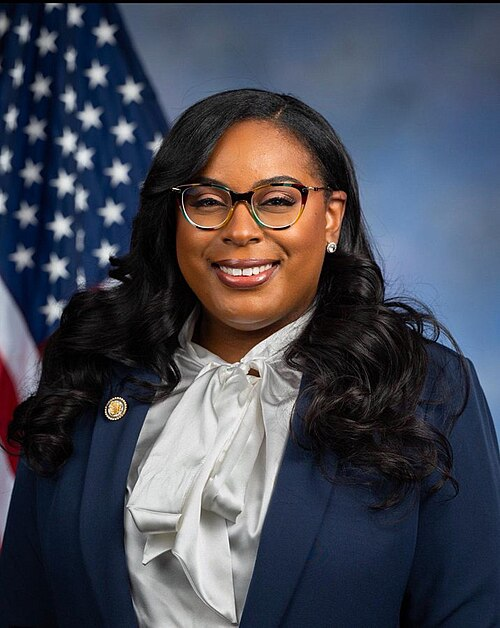
Co-Sponsor
-
TrackKevin Mullin
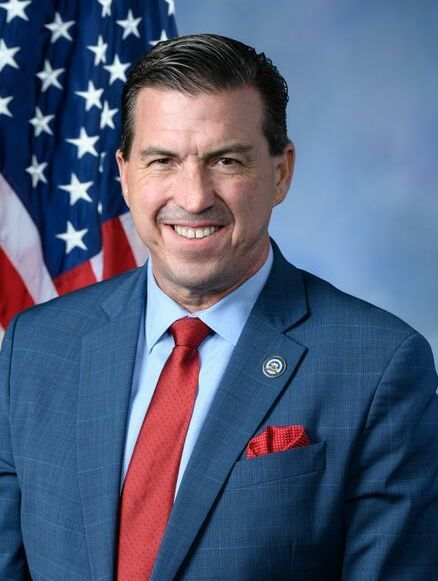
Co-Sponsor
-
TrackEleanor Holmes Norton

Co-Sponsor
-
TrackIlhan Omar
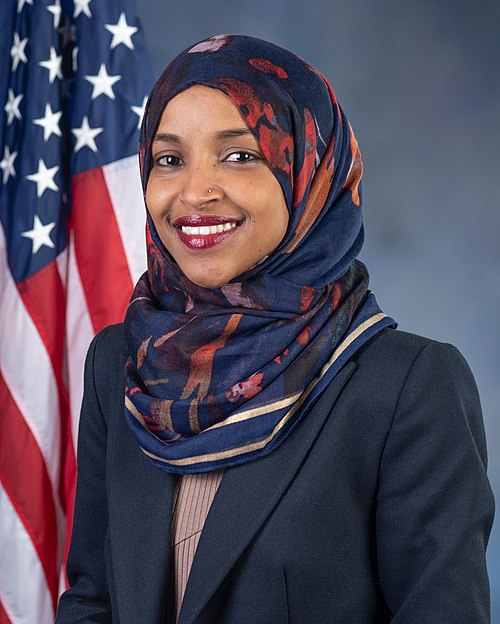
Co-Sponsor
-
TrackLuz Rivas
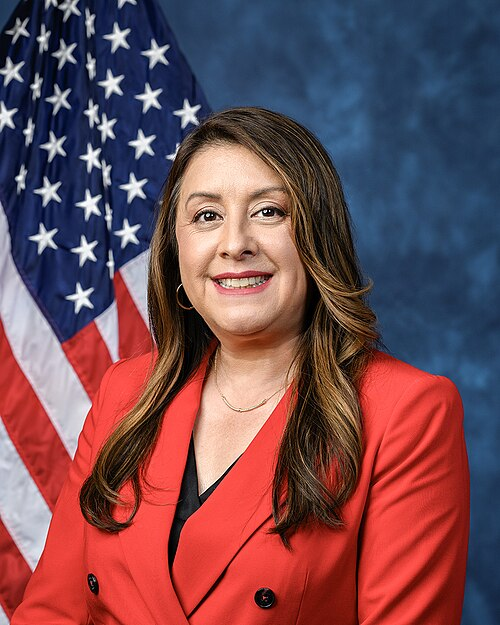
Co-Sponsor
-
TrackMary Gay Scanlon
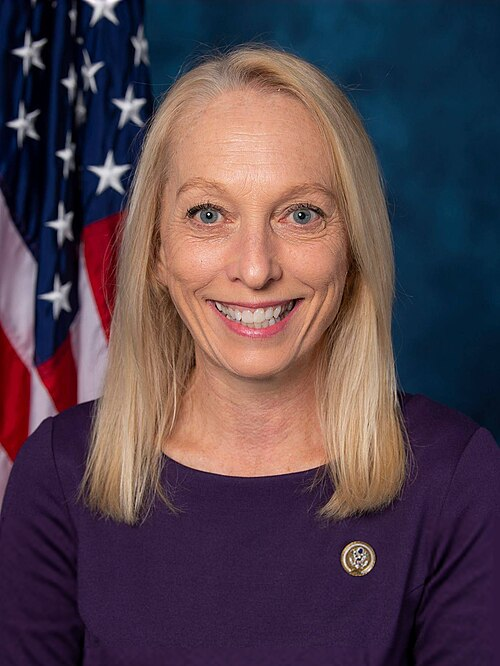
Co-Sponsor
-
TrackGreg Stanton

Co-Sponsor
-
TrackDina Titus
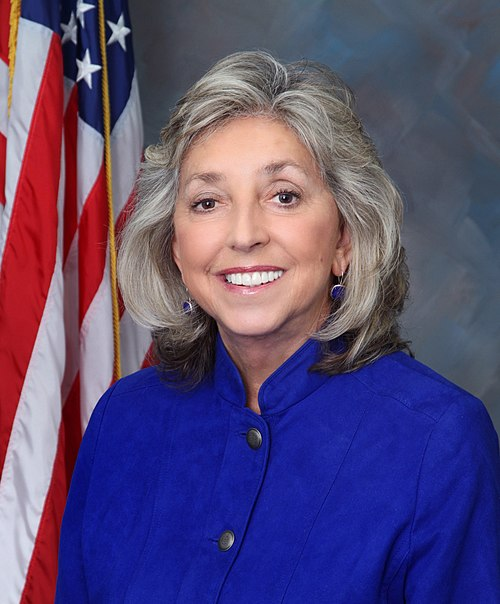
Co-Sponsor
-
TrackBonnie Watson Coleman
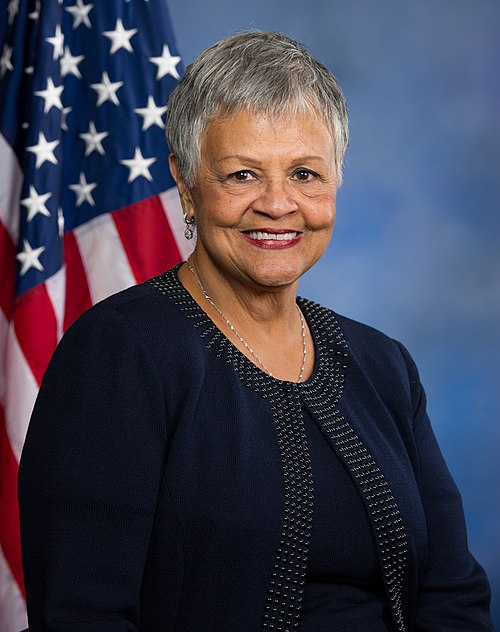
Co-Sponsor
-
TrackGeorge Whitesides

Co-Sponsor
-
TrackNikema Williams
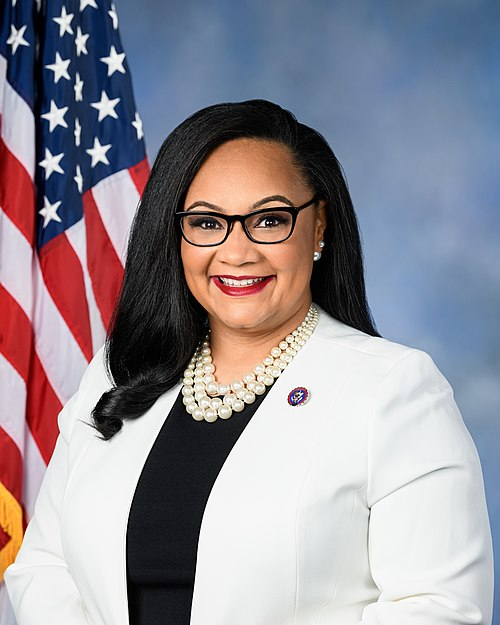
Co-Sponsor
-
TrackFrederica S. Wilson
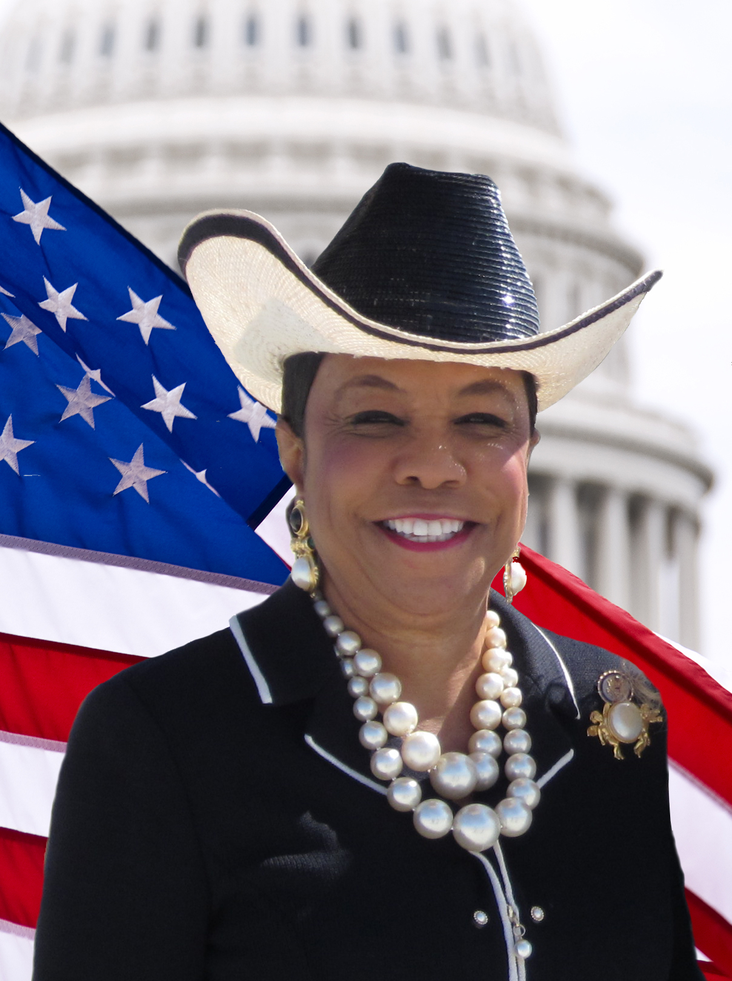
Co-Sponsor
Actions
2 actions
| Date | Action |
|---|---|
| Jun. 04, 2025 | Introduced in House |
| Jun. 04, 2025 | Referred to the House Committee on Financial Services. |
Corporate Lobbying
0 companies lobbying
None found.
* Note that there can be significant delays in lobbying disclosures, and our data may be incomplete.
Potentially Relevant Congressional Stock Trades
No relevant congressional stock trades found.